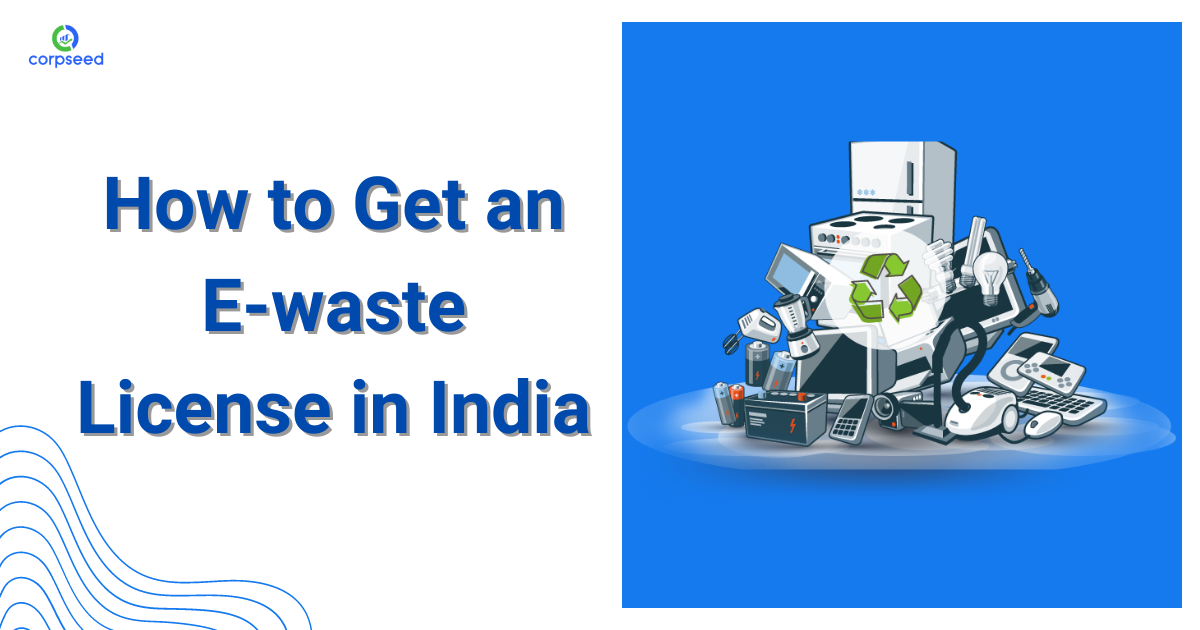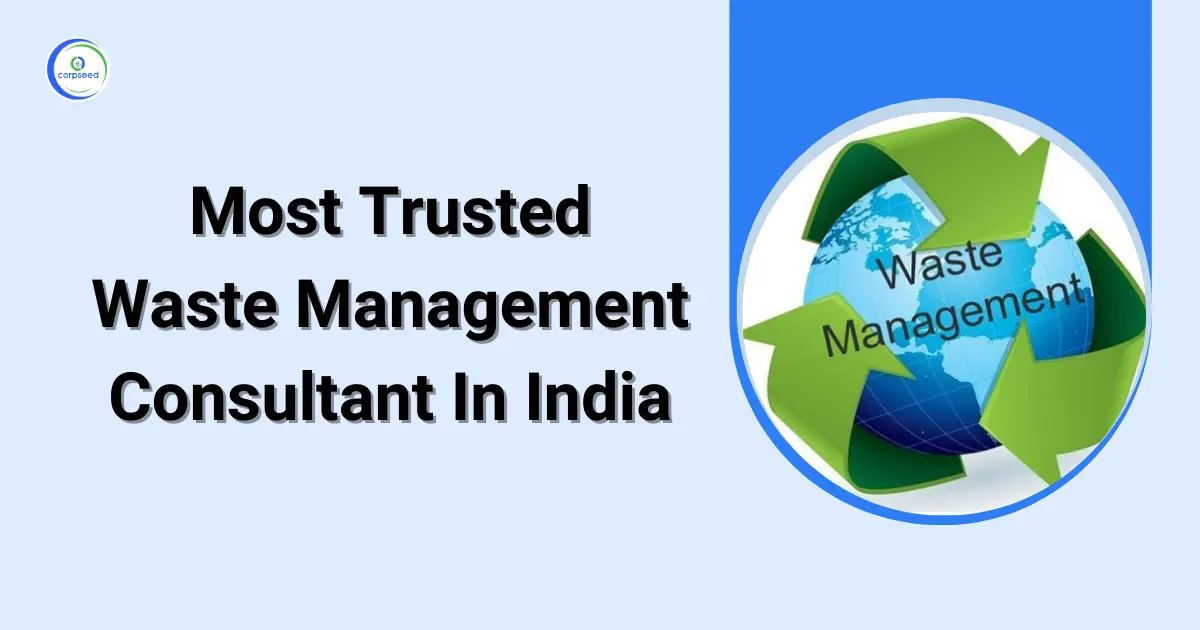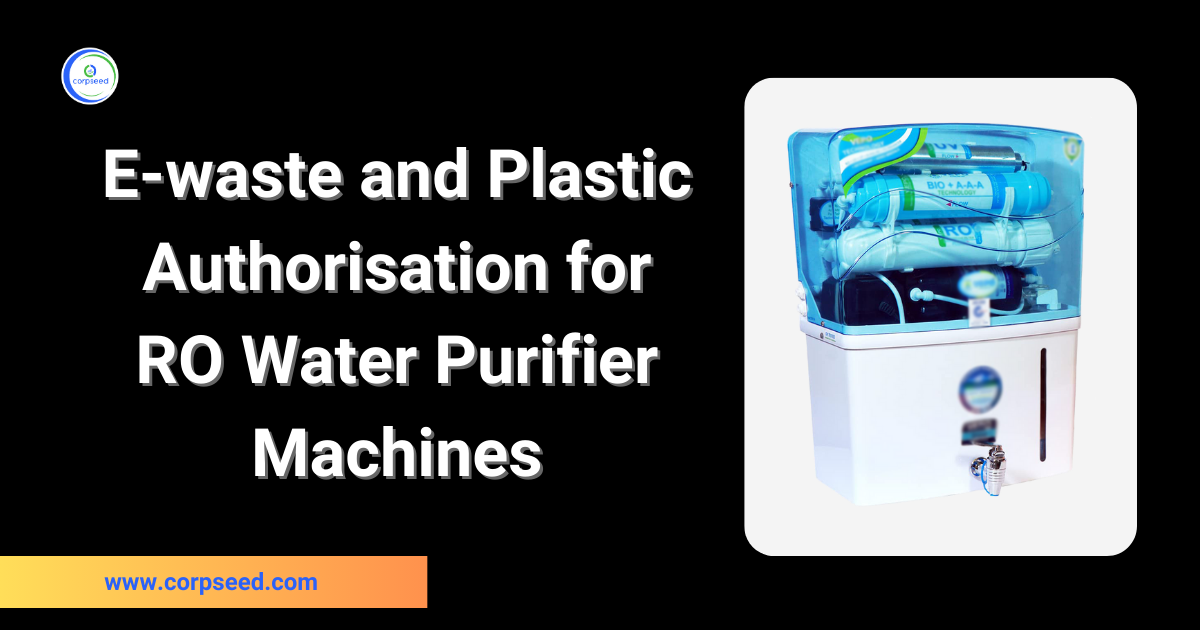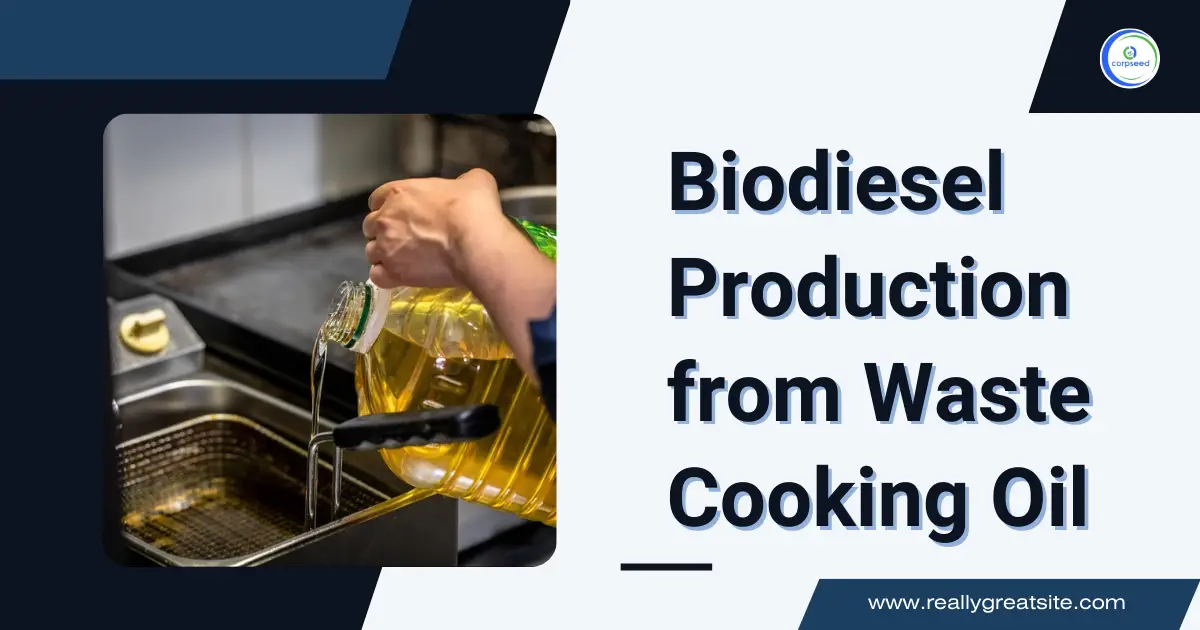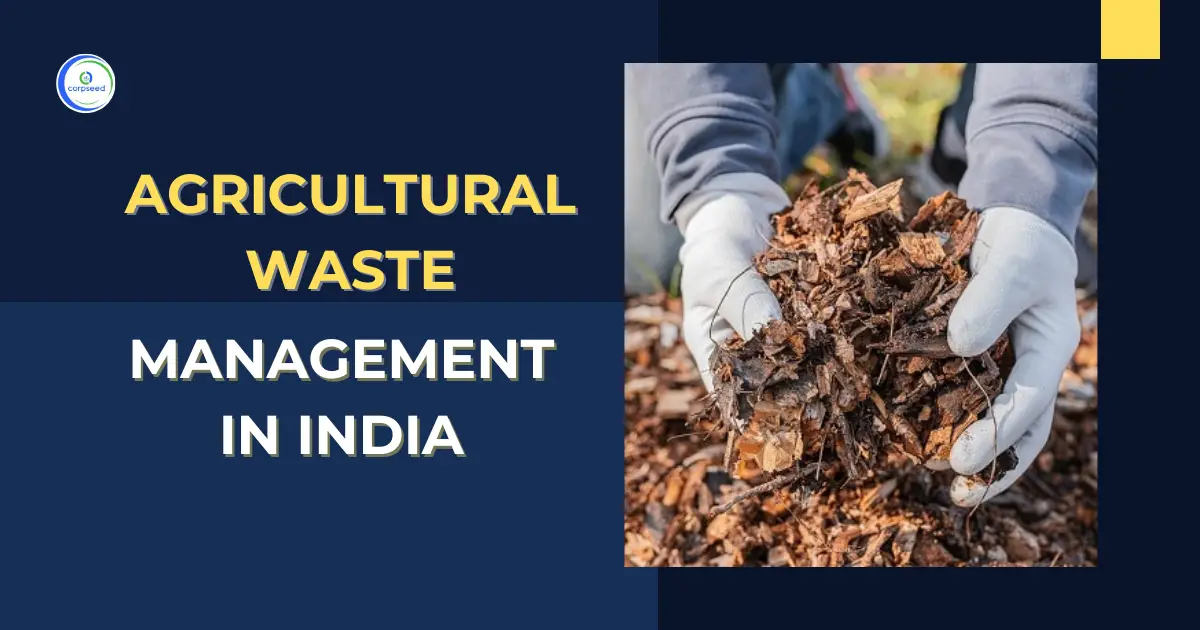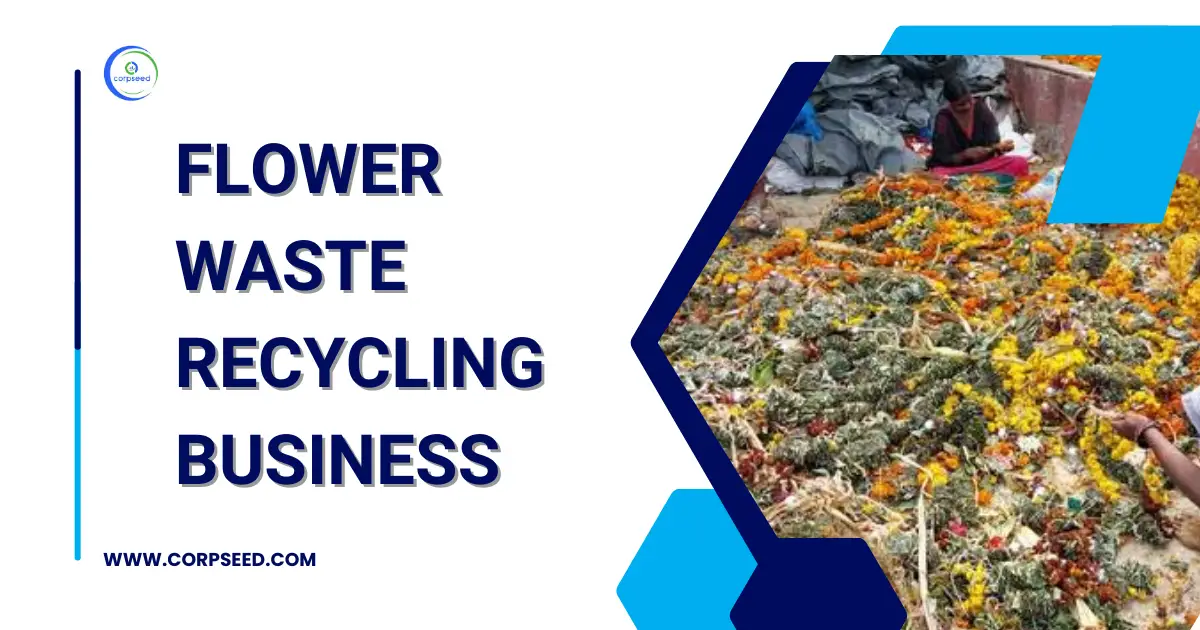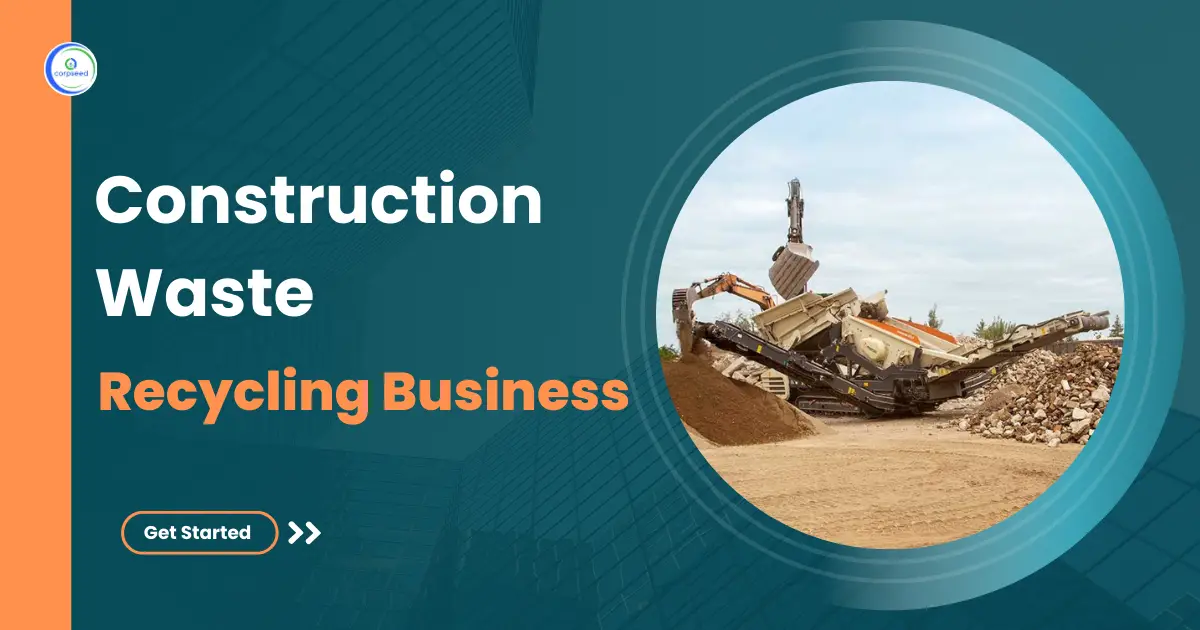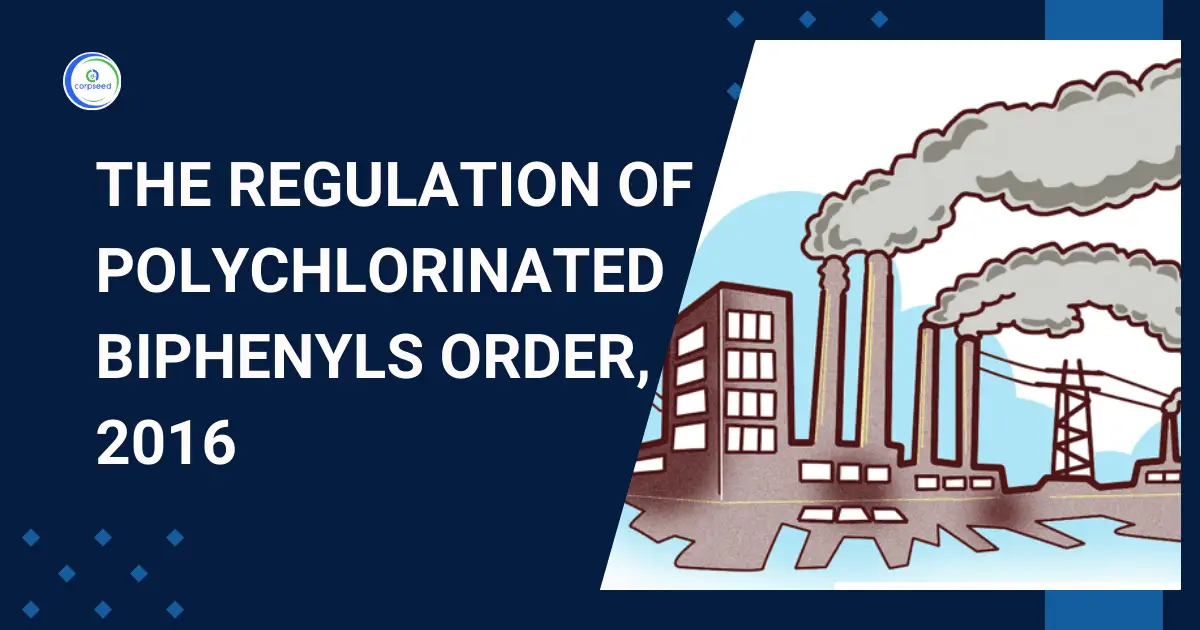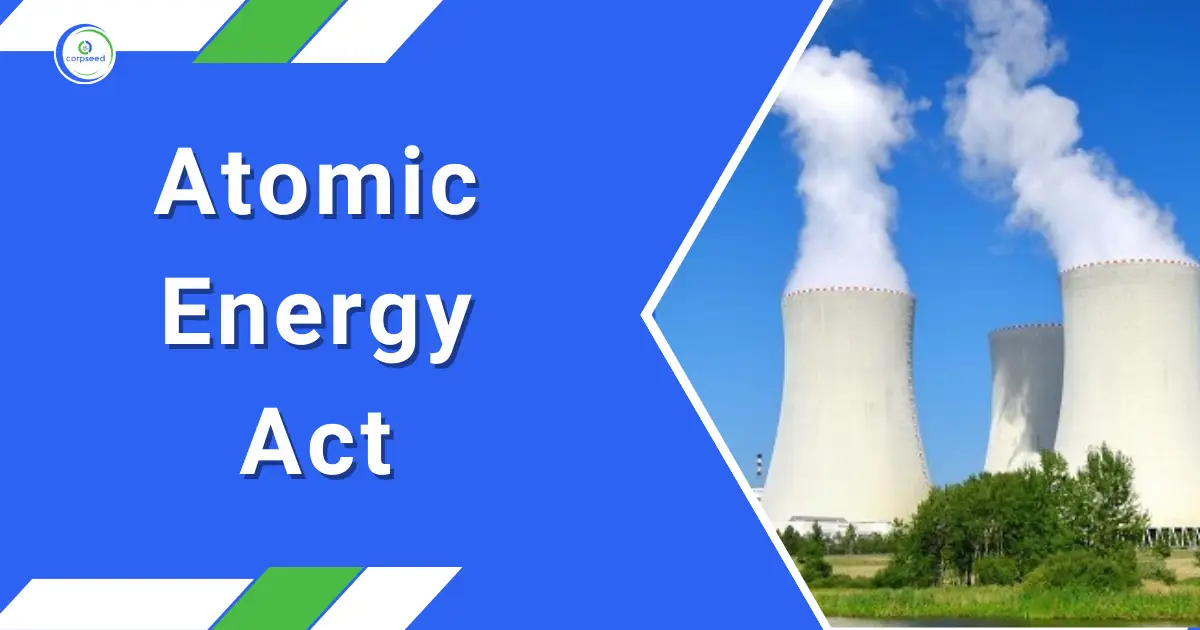Introduction: E-waste
E-waste or Electronic waste is a term for electronic products that have become useless, discarded, non-working, or antiquated and have necessarily reached the end of their useful life. It involves their components, consumables, spares, and parts.
Table of Contents
- Introduction: E-waste
- E-waste Management
- E-Waste Generation in India
- E-Waste Management Rules, 2016
- Steps Were Undertaken to Startup The Recycling of E-waste:
- According to the Environment Protection Act, 1986
- Hazardous waste management and its rule:
- To Obtain an E-waste License We Need To Take Important Steps before The Concerned Pollution Control Board
--------------Blog Contact Form-------------
As per the rules and regulations of the Ministry of Environment, Forests and Climate Change (MoEFCC), Government of India, any entity which is engaged in handling, collection, storage, and recycling of e-waste, is required to get an electronic waste license from the State Pollution Control Board (SPCB) for handling e-waste. This license is known as E-Waste certification or Electronic Waste Registration Certificate.
E-waste Licence Process:
- Step 1: Read the license guide or SOP of e-waste: Before you apply, consult with our e-waste consultant. They will explain what you need to know about your responsibilities as a licensee and include practical information about how to run your business in an environmentally responsible way and also help you complete your application form correctly.
- Step 2: Our consultant will give you the form. Complete the e-waste license application form and post it to us with all supporting documents.
- Step 3: Then we will apply for consent to establish from the pollution control board then we will apply for CTO (Consent to Operate). It gives the holder permission to operate his/her industrial unit in a particular state. This license is valid for a certain number of years, after which it has to be renewed.
E-waste Has Been Divided Into 21 Types Under Two Big Categories:
- Information technology and communication equipment
- Consumer electrical and electronics
E-waste Management
It is defines as a holistic approach to remove e-waste from the earth to prevent its harmful chemical to decline earth. It helps in recycling and reusing the e-waste which is no longer needed.
E-Waste Generation in India
According, to the Central pollution control board (CPCB), In 2019-20, India’s generated more than 10 lakh tonnes of e–waste, which raised from 7 lakh tonnes in 2017-18. In contrast, since 2017-18, the e-waste dismantle capacity has remained unchanged at 7.82 lakh tonnes.
The Ministry of Environment in 2018 told the tribunal that around 95% of waste in India has been recycled by the informal sector and Scrap merchants dispose of it in an unprofessional manner by burning it or dissolving it in acids.
E-Waste Management Rules, 2016
- The Ministry of Environment, Forest, and Climate Change notified the E-Waste Management Rules, 2016 in alternative to the E-waste (Management & Handling) Rules, 2011.
- Under the purview of the rule, over 21 products were included in (Schedule-I). It also included Compact Fluorescent Lamps (CFL) and other mercury-containing lamps, as well as other equipment.
- For the very first time, the rules introduced the producers under the Extended Producer Responsibility (EPR), along with the targets. Producers have been made responsible for the collection of E-waste and for its exchange.
- Different Producers have different Producer Responsibility Organizations (PRO) and which ensure the collection of e-waste, and its disposal in an environmentally sound manner.
- Deposit Refund Schemes has been started as an additional economic instrument where the producer imposes an extra amount as a deposit at the time of sale of the electrical and electronic equipment and comes back it to the consumer along with the interest when the end-of-life electrical and electronic equipment is returned.
- The function of the State Government has been launched to ensure the safety, health, and skill development of the workers included in the dismantling and recycling process.
- An allocation of penalties for violation of rules has also been launched.
- The duty of collection and channelization of the orphan products to authorized dismantlers or recyclers have been assigned to Urban Local Bodies (Municipal Committee/Council/Corporation).
- Issuance of proper space to existing and upcoming industrial units for e-waste dismantling and recycling.
Steps Were Undertaken to Startup The Recycling of E-waste:
- Through conducting research explore more about the e-waste recycling industry
- Decide which electronics wastes should be recycled.
- Make a business plan
- Get a necessary license
- Set up your business
- Take safety measures for E-waste recycling
- Necessary for getting recycling machines for e-waste
According to the Environment Protection Act, 1986
Here are some salient features are given below before establishing any industry:
The Central Government, or any officer authorized by it, has the authority to:
- Take steps to protect and improve the environment’s quality. (section 3)
- Establishing environmental standards.
- Dropping off procedures, safeguard, and remedial measures for accidents.
- Procedures and precautions for handling hazardous substances are being established.
- Investigating and researching the realities of the environmental problem.
- Getting information
- Entry and investigation etc.
- Giving orders, such as shutting down industry, prohibiting or regulating a process or operation, or stopping or regulating the supply of electricity. any other service, such as water. (Section-5)
- Industries to be established in the Doon valley area are divided into three categories: red, orange, and green. Red category industries are completely prohibited, orange category industries can be established with the permission of the government when such permission is sought by SPCB, and green category industries can be established in approved Doon valley industries after obtaining a "No objection certificate" from the SPCB without referring the matter to the central government.
Hazardous waste management and its rule:
Every occupier and operator of a facility that handles hazardous waste (notified waste categories) must apply for and receive authorization from the State Pollution Control Board, as well as report incidents to the SPCBs.
- Hazardous waste importation is prohibited for dumping and disposal. However, the Ministry of Environment and Forests of the Government of India may approve their processing.
- For projected transboundary hazardous waste movement, the hazardous waste exporting country must acquire approval from the central government.
- It is the responsibility of the State Government to identify, inventory, and research the disposal site.
Hazardous Chemicals (Manufacture, Storage, and Import) Rules, 1989:
Responsibilities of occupiers working with hazardous chemicals (as defined in the schedule) or in storage (beyond threshold limits in schedule) involved:
- Investigation of Major Accident Hazards (MAH) and take steps of precaution such accidents apart from given information, training, and equipment to deal persons.
- It notifies you of major accidents to concerned authorities.
- Separate storage: as mentioned in schedule 2 of the industrial activity regarding hazardous waste.
- Report writing
- Proposal of safety records and their reports
- Proposal of onsite emergency plan
- Preparation of off-site emergency plan, the responsibility of chief inspector of factories.
- Importation of hazardous chemicals: The person in charge of hazardous chemical imports must provide the recipient port of entry, mode of transportation, and product safety information. He will follow the safety instructions given to him.
Statement of Environment:
This is required for every industry, operating procedure, requiring consent under section 25 of the Water Act, Section 21 of the Air Act, or both or authorization under the Hazardous waste management rules. Every financial year, this must be filed in form V to State Pollution Control Boards by the 15th of May.
To Obtain an E-waste License We Need To Take Important Steps before The Concerned Pollution Control Board.
Under every Pollution Control law, need to require granting CONSENT TO ESTABLISH (NO OBJECTION CERTIFICATE) before establishing any types of industrial units from the Environmental pollution office.
- The Board has established an application format for this purpose.
- Industries must have to submit an application with all the relevant documents with the necessary enclosures certificate from the industry department.
- The application must be filed to the General Manager, district manager, district industrial center (GM, DIC), and Member secretary, concerned Pollution Control Board or Regional Officers of the Pollution control board.
- Register at the Udhyog Aadhaar MSME
- Go the concerned State Pollution control board to apply for approval from the PCB, need to submit various legal documents.
- Need of necessary approval from the Ministry of the Environment, if you want to import your e- scraps as a part of your e-waste recycling work.
Hazardous Waste Management Authorization
Hazardous Waste Management Rules are notified to ensure safe handling , generation, processing, treatment, package, storage, transportation, use reprocessing, collection, conversion, destruction and disposal of Hazardous Waste. Get authorization from concerened authorities with us.
E-waste License
The E-Waste rules apply to every manufacturer, producer, consumer, bulk consumer, collection centers, dealers, e-retailer, refurbisher, dismantler and recycler involved in manufacture, sale, transfer, purchase, collection, storage.
Plastic Waste Management Authorization
Plastic Waste Management Authorization is mandatory for Plastic Waste Processors and recyclers to ensure the processing of plastic waste happens efficiently and sustainably and in compliance with the guidelines that CPCB lays down from time to time.
This portion of the site is for informational purposes only. The content is not legal advice. The statements and opinions are the expression of author, not corpseed, and have not been evaluated by corpseed for accuracy, completeness, or changes in the law.
BOOK A FREE CONSULTATION
Get help from an experienced legal adviser. Schedule your consultation at a time that works for you and it's absolutely FREE.
